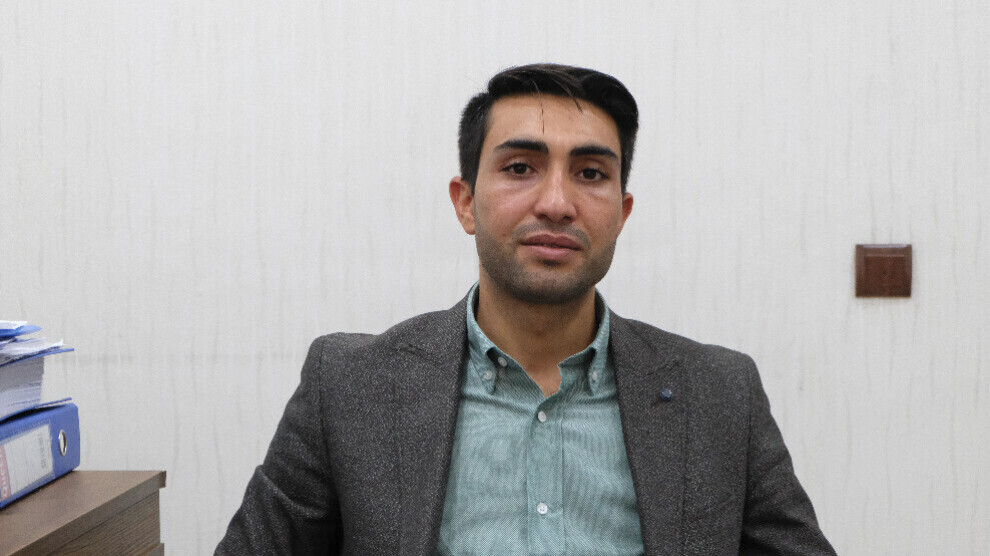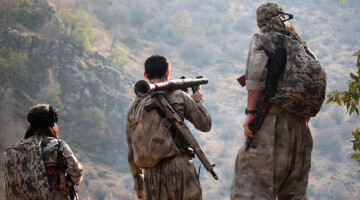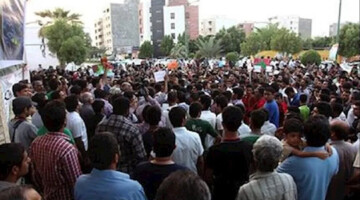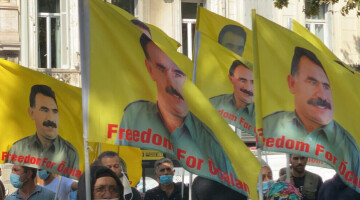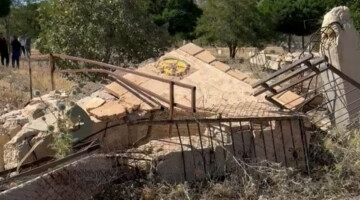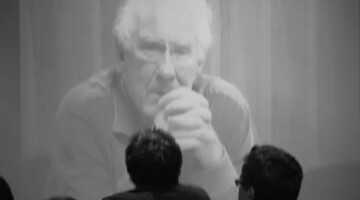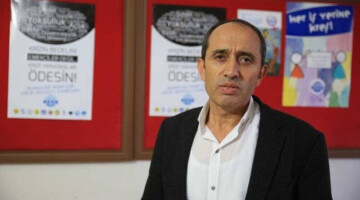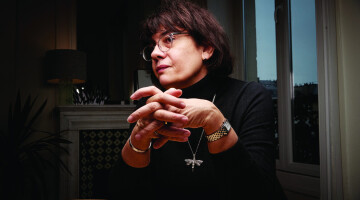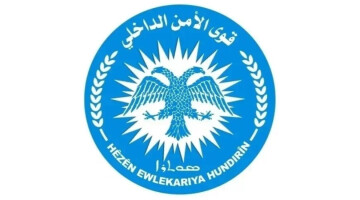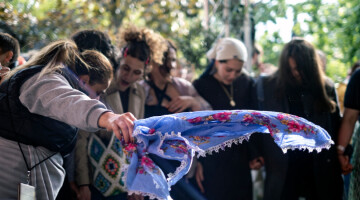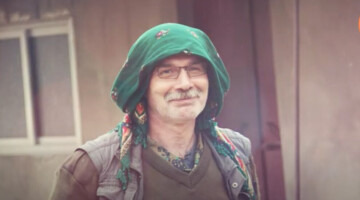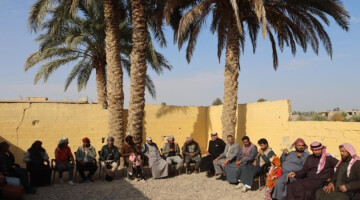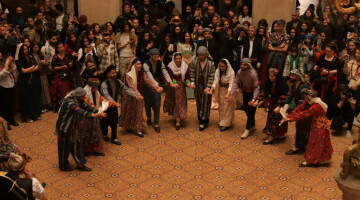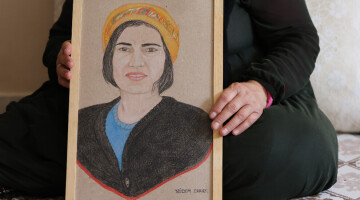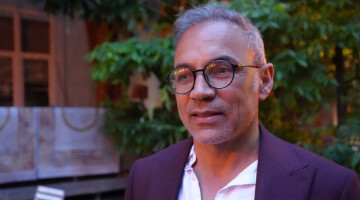Mehmet Arak is a member of the Kurdish Language Commission of the Amed Bar Association. He says it is impossible to destroy the reality of Kurdistan and the Kurdish language, "because there is a struggle to protect the Kurdish culture, the language and all of its values and a people that does not bow to oppression."
His statements allude to the criminalization of the term "Kurdistan" and the Kurdish language. A few weeks ago, trader Cemil Taşkesen from Siirt was taken into custody for saying "This is Kurdistan" while talking to the chair of the IYI party, Meral Akşener.
In addition, lecturer Hifzullah Kutum was dismissed by the director of the Fırat University and then taken into custody for “propaganda for a terrorist organization”. Only after an objection from his lawyers was he released after a week. His “crime”? A post on Twitter saying Şoreşa Îlonê hemû Kurdan pîroz be. Bijî Kurdistan! (I congratulate all Kurds on the September Revolution. Long live Kurdistan!)
The word "Kurdistan" even prompted the Defense Minister Hulusi Akar (AKP) to declare: "There is no place called Kurdistan."
"The term 'Kurdistan' cannot be a criminal offense"
Speaking to ANF, lawyer Mehmet Arak spoke about the repression of both the Kurdish language and the term Kurdistan and sees this approach in the tradition of the policy of denial that has existed since the founding of the Turkish republic. The reality cannot be denied, explains Arak, “because there is a struggle that guarantees the life of the Kurdish language. We regard this struggle to defend the Kurdish culture, the language and all of its values as a natural reflex against the politics of denial and annihilation. There is a people who do not bow to tyranny. Since when is it considered a crime to define a region as Kurdistan? In Article 26 of the Constitution and similar legal texts, such statements are defined as part of freedom of expression. 'Everyone has the right to express and disseminate their thoughts and opinions individually or collectively through words, writings, images or other means', says the law. "
"You can't change reality"
Arak underlines that this issue must be viewed as a question of law and truth. “As much as such statements fall under the right to freedom of expression under the law, it should be emphasized that it is also a description of reality. Even if they (the Turkish authorities) ignore the laws that detain or arrest people, they cannot change the reality. A sentence like 'This is Kurdistan' is by no means a criminal offense, it is the exercise of one of the most basic rights. It is illegal for these people to be arrested and detained. According to international conventions, the real crime here is the restriction of freedom of expression and the criminal prosecution of the exercise of this fundamental right. Although the state makes such illegal decisions to please its nationalist and racist supporters, it cannot eradicate the truth of the existence of Kurdistan and the Kurdish language."
"Kurdish must become the official language"
Arak calls for the use of the Kurdish language in authorities and institutions and adds: “Today only Turkish is spoken in all institutions and organizations of the state. If someone doesn't speak Turkish, then it can be very difficult to find solutions to problems. The reason the Kurdish language is not widely used in public is because of the frequent attacks. As a result, the Kurdish language is literally confined to the house. Not only that, but television and mass media are in Turkish. People lose their sensitivity to the language at home too. Therefore, Kurdish must become the official and educational language."
"The work of the language commission alone is not enough"
Arak continues: “As Amed Bar Association's commission for the Kurdish language, we have of course worked to develop the Kurdish language and maintain its legitimacy at the legal level. But in the end, we are a professional association and a legal institution. We cannot fight alone to ensure that Kurdish becomes the official language and finds a place in institutions and organizations. The political parties, NGOs and initiatives, should participate in this work. There must be campaigns and similar strategic work that reaches the public. We try to do our part, but that alone is not enough. I believe that the efforts to build a structure that stands up for the legitimacy of the Kurdish language and fights for it will be crowned with success."

